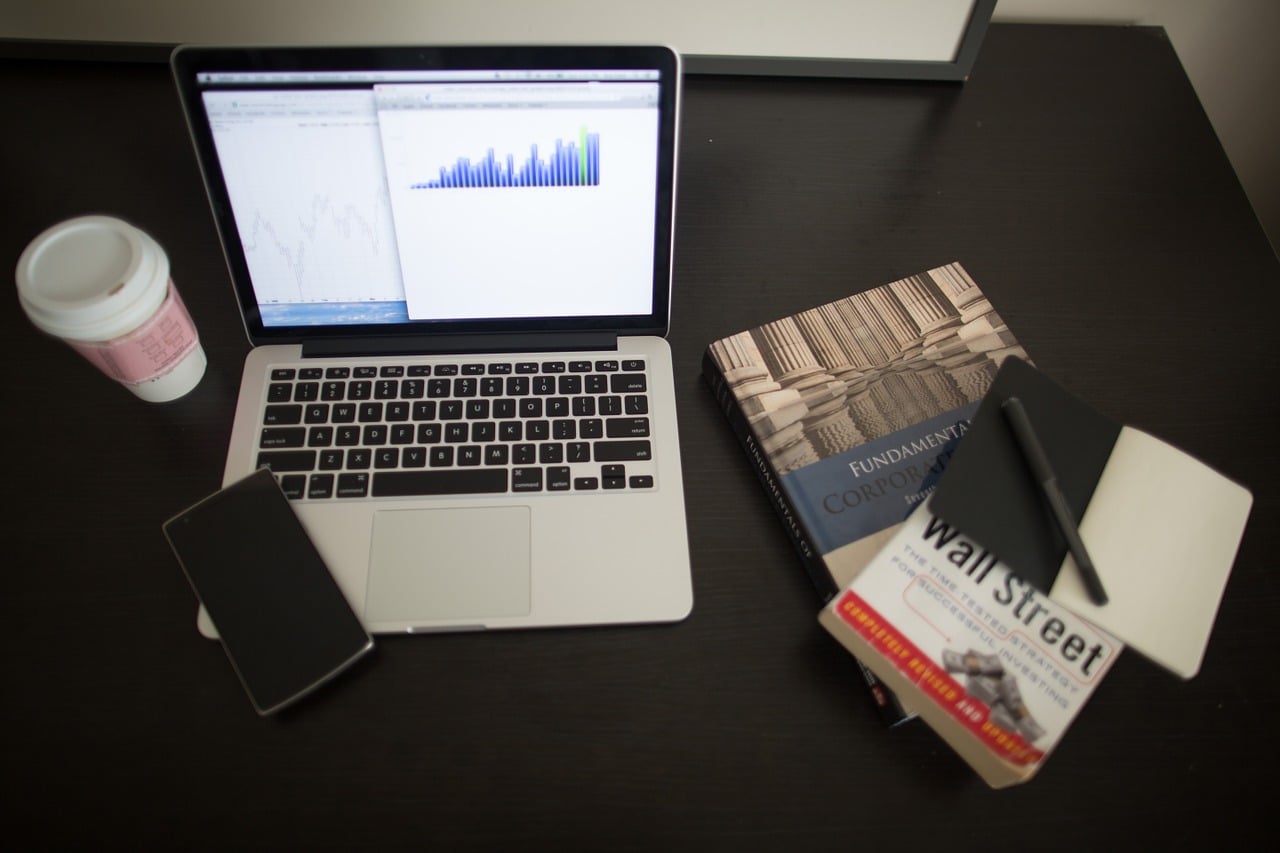Feb. 7, 2020 Update: As of midday, the Russell 2000 (INDEXRUSSELL:RUT) is trading down by about 14 points or 0.82% at 1,663.74. The small-cap index pulled back alongside the S&P 500 and the Nasdaq Composite as the stock market in general retreated. The Russell 2000 is down approximately 2% for the week and continues to struggle.
Q4 2019 hedge fund letters, conferences and more
Cantor Fitzgerald and Susquehanna Financial Group analysts are both writing about the INDEXRUSSELL:RUT this week. They both suggest using options on the iShares Russell 2000 ETF, but they disagree on whether it’s time to be bullish or bearish.
Bearish options on the ETF have gotten cheaper than bullish contracts after the stock market rallied earlier this week. Stocks pulled back amid fears related to the coronavirus. However, those fears started to rise again today, which is why the Russell 2000, S&P 500 and other stock indices pulled back.
Hedging with the index
Cantor Fitzgerald strategist Peter Cecchini is advising investors to re-hedge using options on the Russell 2000 ETF. He noted that volatility has come down a lot since the first selloff from the coronavirus. However, put-spread payouts have again climbed one standard deviation over their mean.
Susquehanna analysts are bullish on the INDEXRUSSELL:RUT fund, however. They note that the $160 level served as a key resistance level for much of 2019. They now see that level as a new support level and believe the iShares Russell 2000 could be moving even higher.
If fears about the coronavirus and other international issues continue, it is possible the Russell 2000 will stage a comeback. Analysts say it could outperform its large-cap counterpart, the S&P. This is because investors might seek safety in small-cap names. On the other hand, investors have long been showing their preference for big companies as the S&P has been outperforming the small-cap Russell 2000.
Investors simply treat small-cap and large-cap companies differently. For example, they may be more accepting of an earnings miss from a company whose products they know and use. One concern for small caps is that their costs have been rising faster than demand, according to Nordea Asset Management strategist Sebastien Galy. Large-cap companies, on the other hand, can more easily absorb such costs.
What is the Russell 2000 (INDEXRUSSELL:RUT)?
The Russell 2000 (INDEXRUSSELL:RUT) is a stock index used as a measuring stick for small-cap companies. It provides a quick glance at how smaller companies are doing, compared to the S&P 500, which includes the 500 biggest large-cap companies. The companies that are included in the Russell 2000 have market capitalizations that are much smaller than the market capitalizations of those included in the S&P 500.
The index is a subset of the Russell 3000, which is made up of 3,000 of the biggest stocks in the U.S. The Russell 2000 (INDEX:RUSSELL:RUT) consists of about 2,000 of the smallest-cap stocks included in the Russell 3000.
As of Feb. 7, 2020, the Russell 2000’s all-time closing high is $1,740.75, which was set on Aug. 31, 2018. The index’s all-time intraday high is $1,742.09, which was set on the same day as the record closing high. In 2019, the index posted a price return of 23.72% and a total return of 25.52%. For comparison, the large-cap S&P 500 returned 31.49%, including dividends, and climbed 28.88% in 2019.
Why is it important?
The Russell 2000 (INDEXRUSSELL:RUT) is an important benchmark. It is utilized by mutual funds and hedge funds that trade a lot of small-cap stocks. Funds use it to compare their own performance to that of the index. The index serves as a sort of measuring stick so funds can check how they did against a group of stocks that’s of comparable size to their holdings.
Many also see the index as an important indicator of how the U.S. economy and smaller businesses are doing. The constituents of the Russell 2000 are seen as domestic because they receive more of their revenue from the U.S. For this reason, news headlines that affect international markets may have less of an impact on the Russell 2000 than on large-cap indices like the S&P.
Investing in the INDEXRUSSELL:RUT
There are several ways to invest in the Russell 2000. You may consider investing directly in some of its constituents. However, there are also broader ways to invest, like with an exchange-traded fund (ETF) that tracks the index passively.
Some popular ETFs that track the INDEXRUSSELL:RUT include the iShares Russell 2000 ETF and the Vanguard Russell 2000 ETF. Other options for investing in the INDEXRUSSELL:RUT include buying options and index futures.
In 2019, several stocks outperformed the Russell 2000 Index. Some of the stocks that pushed the index and the ETFs that track it higher in 2019 include EverQuote Inc., ConforMIS Inc., Digital Turbine Inc., Achillion Pharmaceuticals Inc., and Kodiak Sciences Inc.





